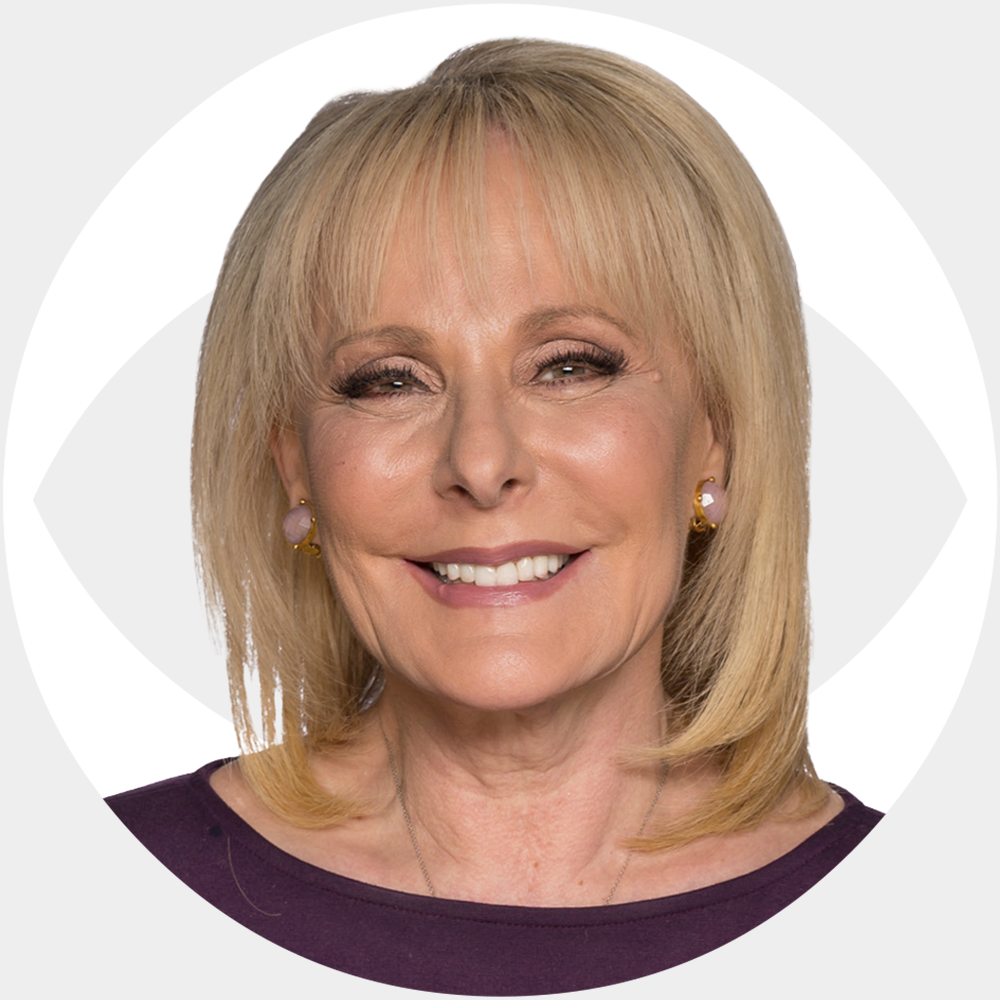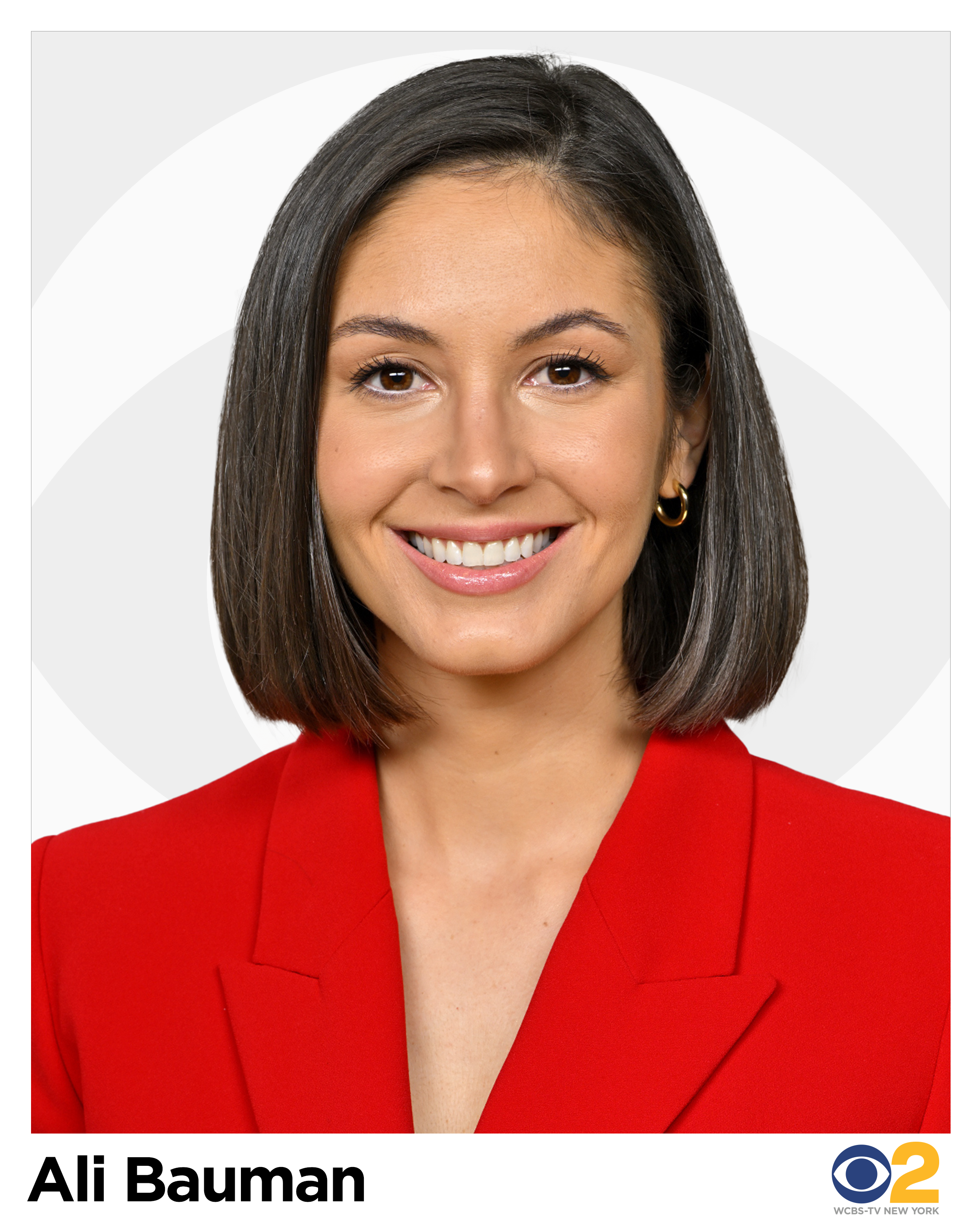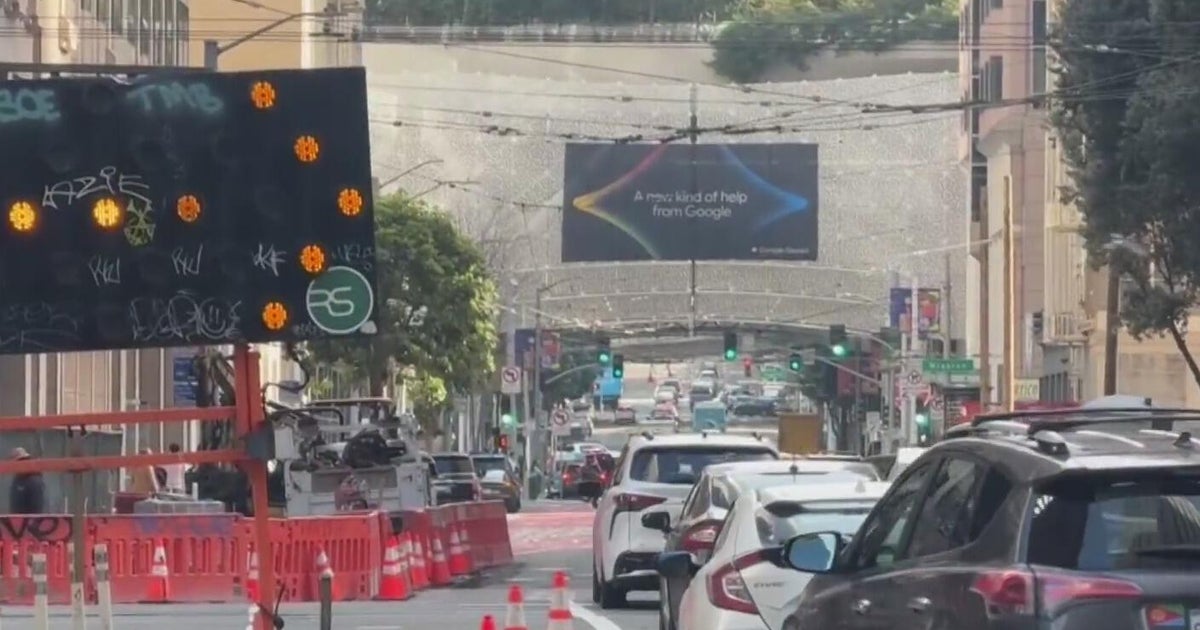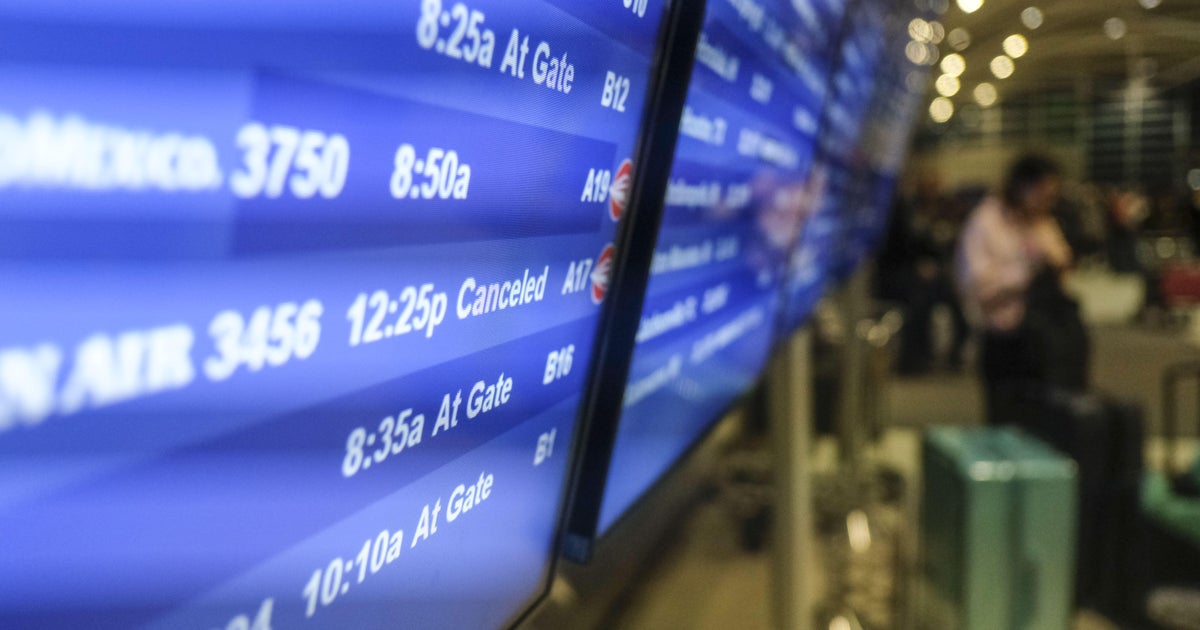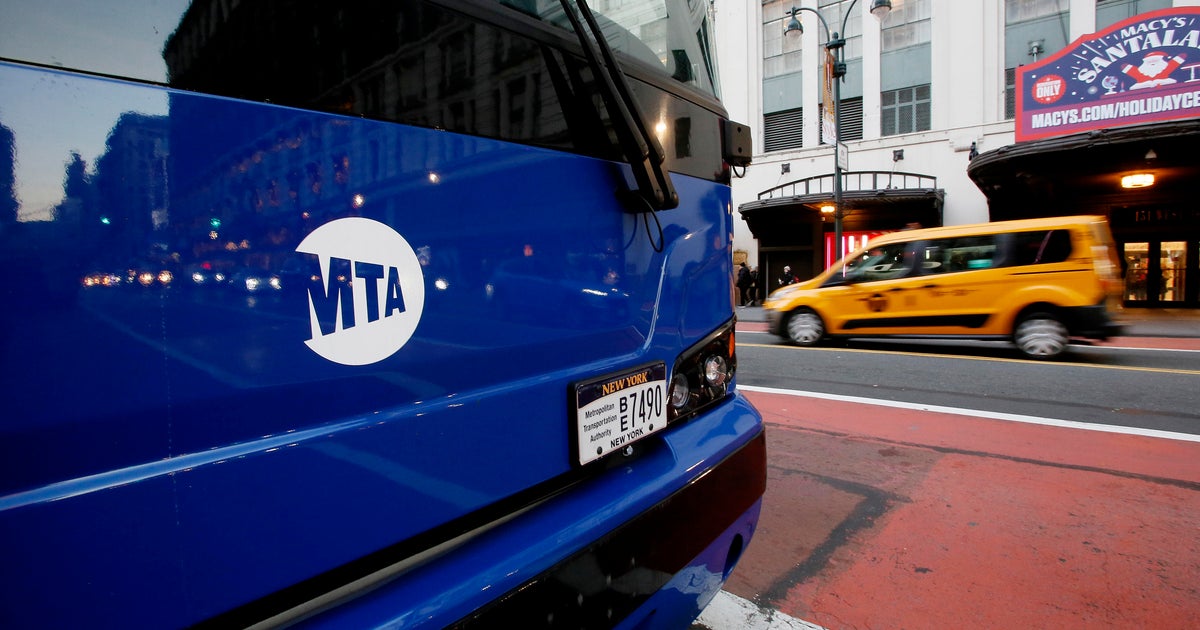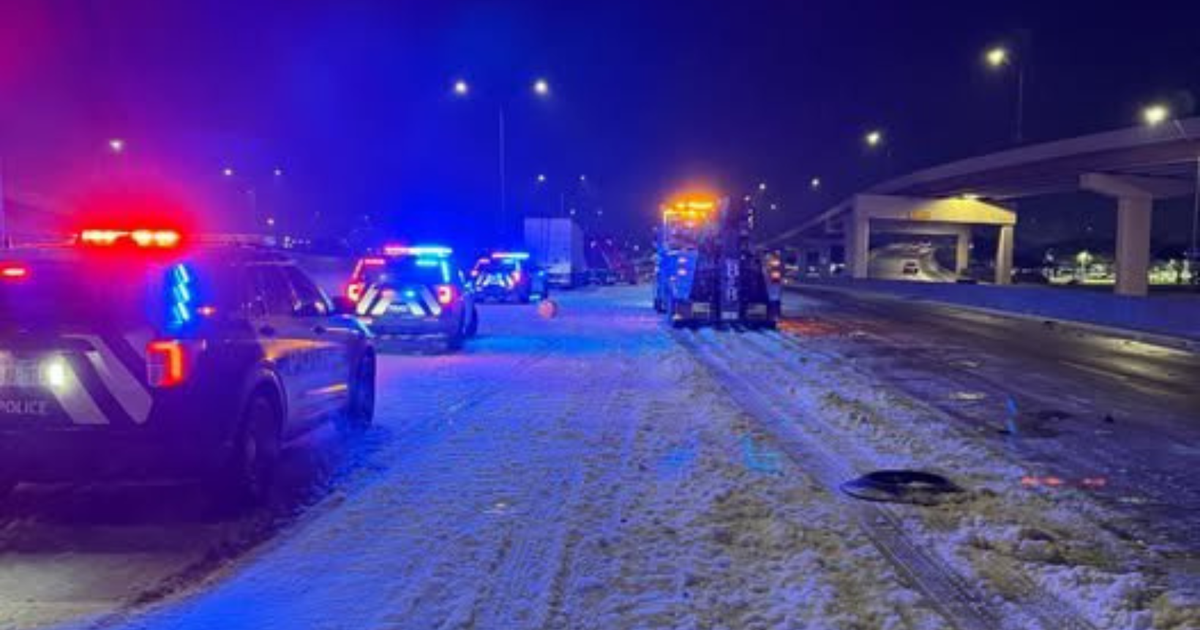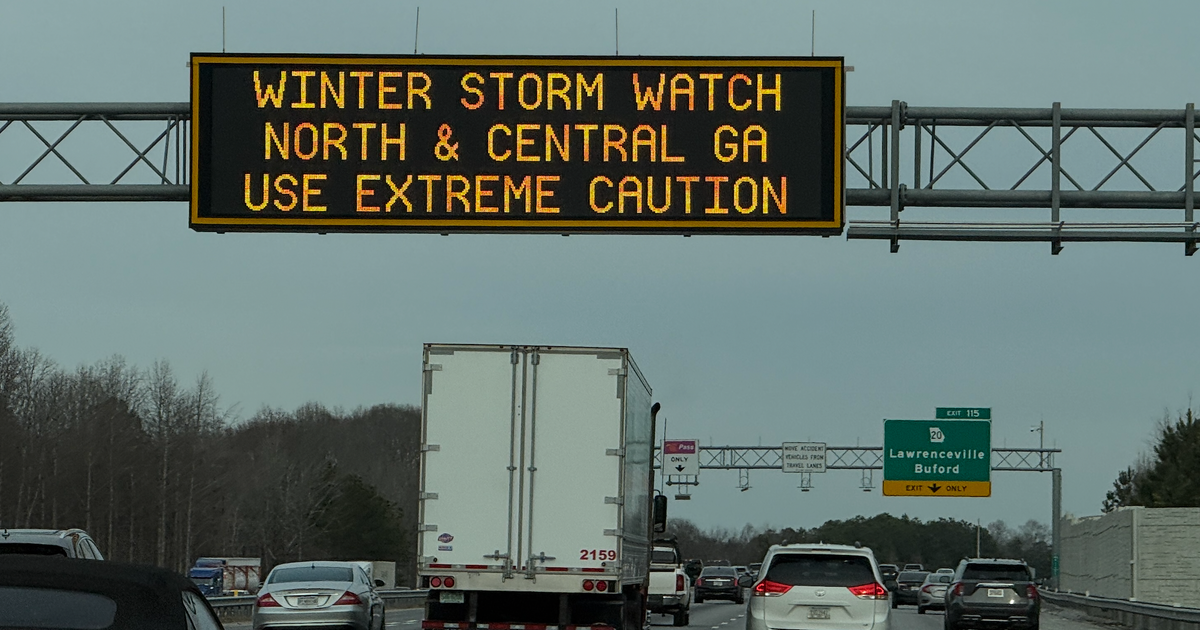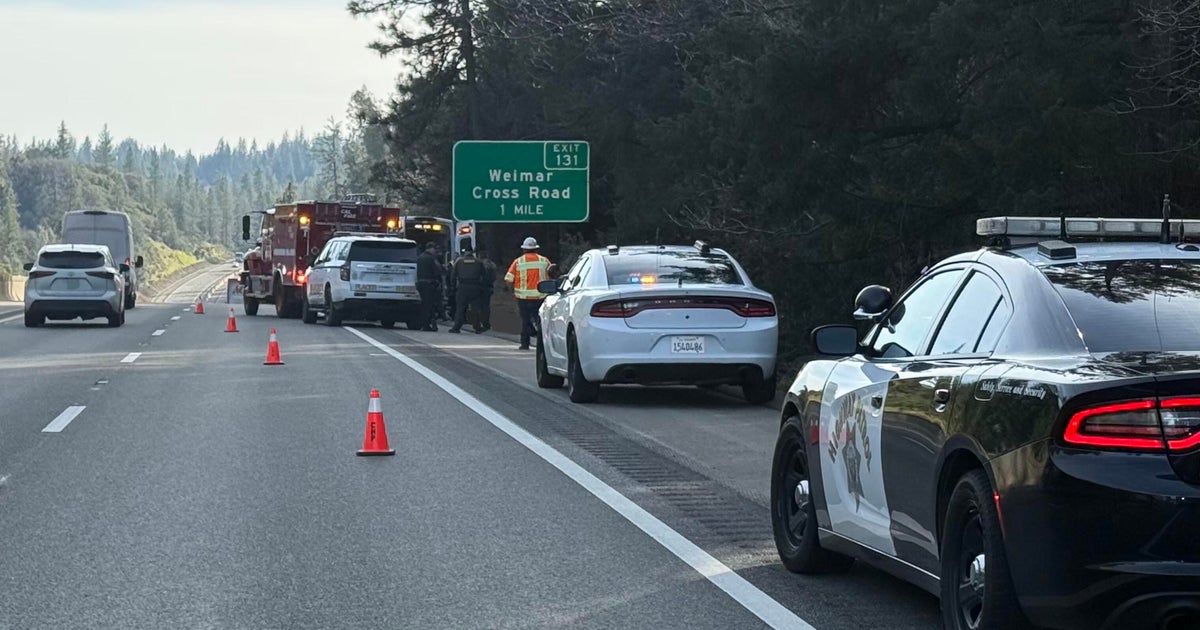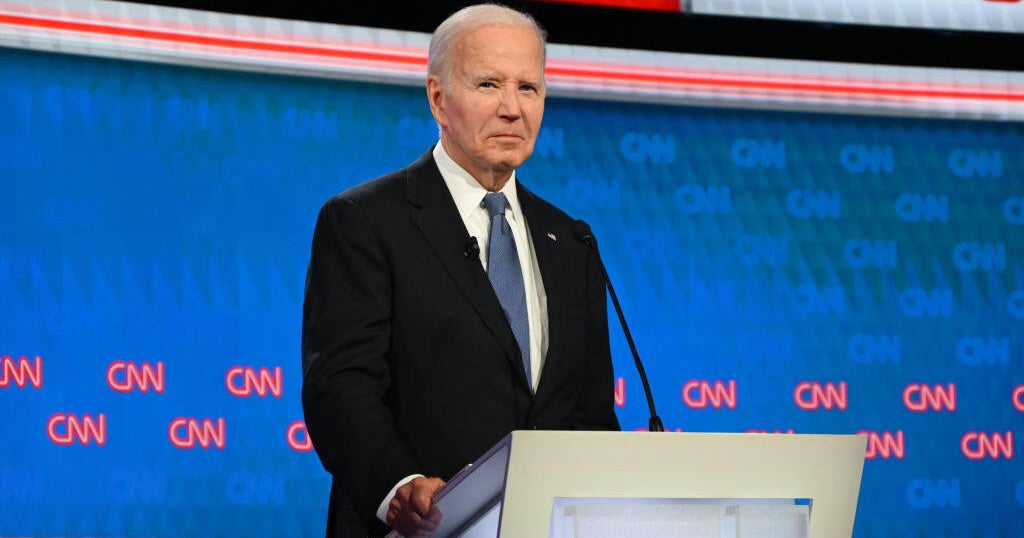MTA report details plan for congestion pricing and how much drivers will have to pay
NEW YORK -- We're getting our first idea about how much drivers will have to pay when congestion pricing takes effect.
The details were revealed in an environmental assessment report released to the public on Wednesday.
Under the plan, drivers will be charged to drive into Manhattan's Central Business District, which is the area below 60th Street.
It will cut down on vehicles in Manhattan and improve the environment by creating $1 billion that will fund the MTA , including improvements for subways, buses, the Long Island Rail Road and Metro-North.
But as CBS2's Marcia Kramer reported, it comes at a cost. The report revealed that drivers could pay anywhere between $9 and $23.
READ MORE: Click here for more information on the plan from the MTA
Believe it or not, New York City has been considering some form of congestion pricing for more than 50 years, since John Lindsay was mayor and that was eight mayors ago. And while it looks like it will finally reach the finish line now, what most drivers want to know is how much they will really have to pay.
"For the peak period, I think it will be closer to what people are already paying at the Lincoln Tunnel or the George Washington Bridge or the Midtown Tunnel, roughly $13 or so during the peak period," said Sam Schwartz, the city's former traffic commissioner.
READ MORE: MTA's congestion pricing proposal prompting strong reaction in the the suburbs
Schwartz is the guru, the Yoda, of congestion pricing, something he has been trying to get the MTA and city and state politicians to enact for about 50 years. He said the MTA's new report suggesting a fee of as much as $23 during rush hour to enter the Central Business District is just the jumping-off point.
"I don't think people should get too excited about the $23," Schwartz said.
Schwartz, who talks regularly with MTA officials, said he expects that members of the Traffic Mobility Panel, who will set the tolls and have been offered eight different scenarios in the report, will give drivers a credit for the tolls they pay to use the four bridges that flow into the Central Business District -- the Holland and Lincoln tunnels, plus the Queens Midtown Tunnel and the Brooklyn Battery Tunnel.
READ MORE: New Jersey bill offers incentives to "Stay in Jersey" and combat NYC's congestion pricing
Translation: New Jersey drivers who use the tunnels would probably not pay anything extra, which would certainly appease New Jersey politicians.
By law, congestion pricing must raise $1 billion per year to improve mass transit, with 80 percent earmarked for subways and buses and 10 percent each for Metro-North and the LIRR.
The report suggests car traffic could be reduced by as much as 20 percent and truck traffic anywhere from 21 percent to 81 percent.
Taxi drivers would have to continue paying a $2.50 or $2.75 fee to enter Manhattan as well as the congestion fee.
Drivers who earn less than $60,000 a year would get a tax credit.
And it's no surprise that people who use mass transit are happy.
"My focus would be on the walkability of the city and investing more in public transportation," said Tommy Doyle of the Upper West Side.
Drivers, not so much.
"I don't think it's a good idea," said Lori Kocal of New Jersey. "Inflation is here, so the more we pay, the less in our pocketbook, the less we have to spend."
"I don't think that's fair," said Fernando Gumar of West New York, New Jersey. "I come from Jersey. I already pay my toll to come into the city."
"I think it's terrible, but what can you do? They're going to tax us to death, right?" added Dave Conelli of Garden City.
You can expect there to be a lot of debate. The MTA has scheduled six public hearings this month and there are a lot of people who want exemptions. CLICK HERE for more information.
If all goes according to plan, the agency will launch the program by the end of 2023.
Congestion pricing has always been a political hot potato. That's why Michael Bloomberg and mayors going back five decades had to fall on their swords and give up.
But with the report coming out in the middle of this year's New York governor's race, call it a scorching hot potato.
"New Yorkers are getting screwed by this congestion pricing plan and my commitment is to do absolutely everything to stop that because New Yorkers are demanding nothing less," Republican Lee Zeldin said.
Zeldin is making congestion pricing the latest issue in the hotly contested race, insisting there are other ways for the MTA to fix mass transit.
"One of the best ways to get more money into the MTA is for more people to love the MTA and to feel safe on the MTA, to be satisfied with the service. More law enforcement, better lighting. People should not be loitering," Zeldin said.
He is challenging Gov. Kathy Hochul to debate congestion pricing. The governor defended the need for the MTA to collect the $1 billion a year that congestion pricing will provide for transit upgrades. She said it's about improving the environment and getting cars off the road.
"We want to encourage people to take public transportation," Hochul said.
The governor insisted the MTA desperately needs the money.
"If my political opponent would rather raise taxes on New Yorkers to pay for this or shut down the subway, I'm not sure what his alternatives are, but we're trying to have a very thoughtful approach to deal with all those above issues. So I say bring on the conversation any day," Hochul said.
